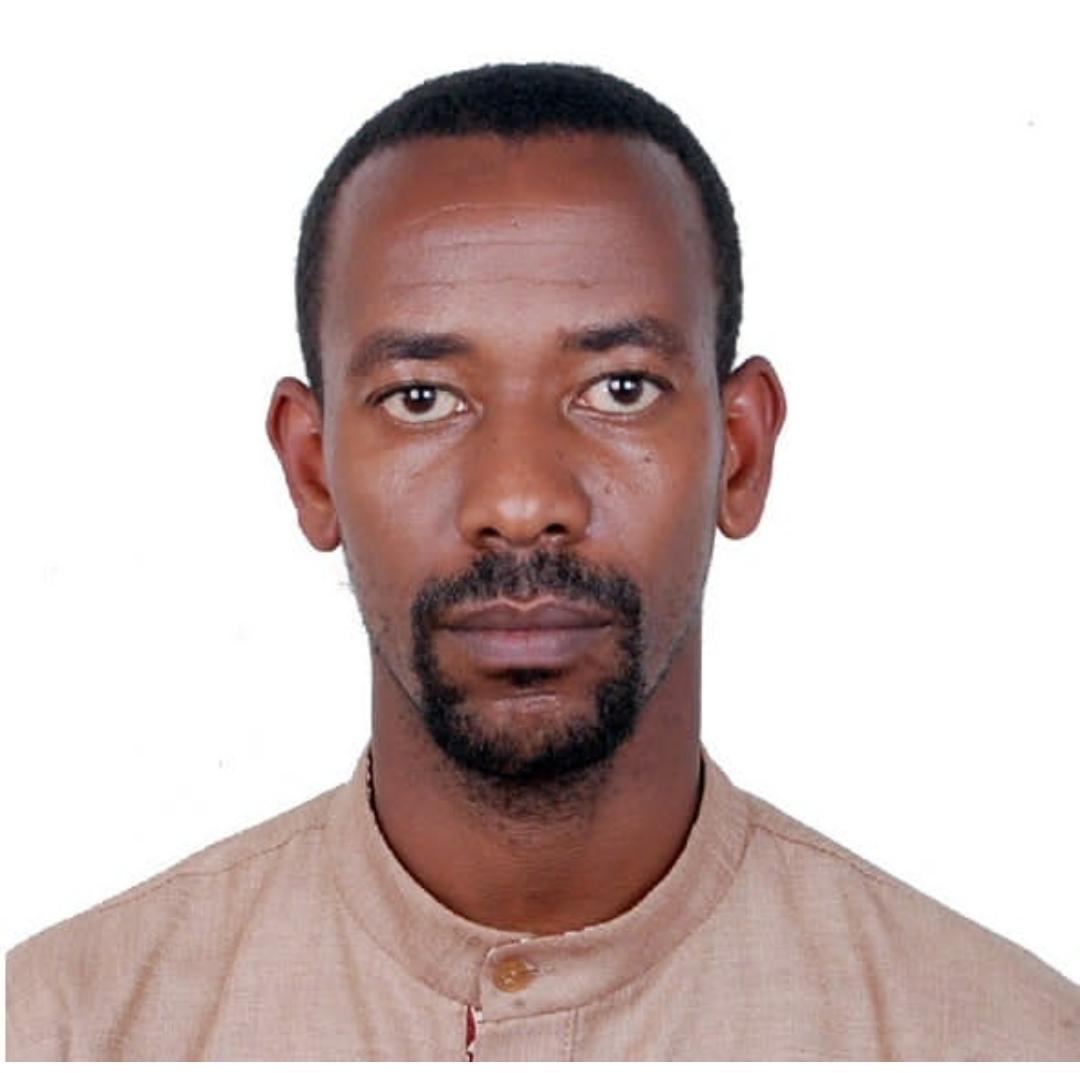GASABO - The Kingdom of Netherlands and the Government of Rwanda have embarked on a process that will eventually see the two countries sign an extradition treaty. Once signed, Genocide fugitives, who had found a safe haven in the Netherlands, will be extradited to Rwanda.

GASABO - The Kingdom of Netherlands and the Government of Rwanda have embarked on a process that will eventually see the two countries sign an extradition treaty. Once signed, Genocide fugitives, who had found a safe haven in the Netherlands, will be extradited to Rwanda.
This was revealed by the Minister of Justice, Tharcisse Karugarama, and his Dutch counterpart, Dr. Ernst Hirsch Ballin, during a press conference on Saturday.
The two Ministers had earlier signed a ‘Letter of Intent’, re-affirming the commitment of the two countries to bring to justice genocide perpetrators.
"We are still working on some of the conditions that have to be fulfilled by both sides before we can sign the treaty (extradition), but it is in my interest that we sign the treaty,” Ballin said.
"It would really be important for a European state to have an extradition treaty with a country in this part of the world.”
Last year, Minister Ballin tabled, before the Dutch parliament, a bill that makes it possible to prosecute foreign war criminals for crimes of genocide committed after 1966, the year in which the Dutch Genocide Convention Implementation Act came into force.
"If the treaty is signed, it would serve our common goal which is to put an end to impunity and to serve the interest of every human being everywhere and ensure that everybody is protected against violence, murder crimes and injustice,” the Dutch Minister said.
Netherlands has for long been a development partner of the Rwandan Justice Sector. The Dutch government contributed to the construction of Mpanga Prison and several court rooms across the country.
Ballin praised the Rwandan judicial sector and reaffirmed the commitment of his country to strengthen cooperation between the two countries.
"I want to commend the Rwandan government on how they have managed to effectively manage the judicial backlog on genocide cases. I have talked with several people from all over the world and they are highly impressed by the quality of work by the Rwandan judiciary is doing,” he said.
Addressing the Press, Karugarama said that that his meeting with Ballin examined various areas of cooperation between the two countries.
"We pointed out exchange of experts, capacity building and potential extradition of Genocide fugitives as some of the key areas of interest. The Letter of Intent signed today is a lead to signing of the extradition treaty,” Karugarama said.
The Letter of Intent signed by both ministers reads in part that; "extradition represents an important common interest between Rwanda and the Netherlands. The Ministers of Justice of both countries are aware of the obstacles that are currently preventing the extradition.”
Ends


